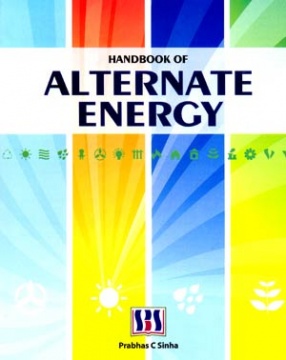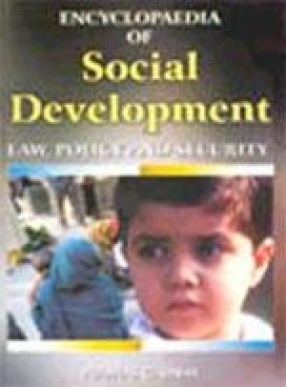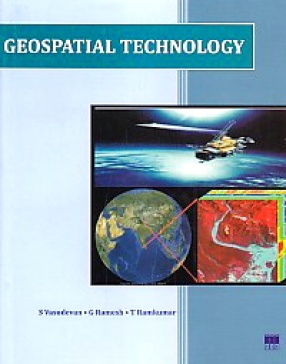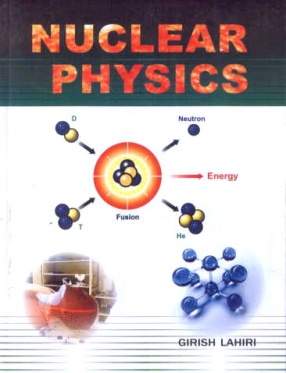Alternative energy refers to energy sources which are not based on the burning of fossil fuels or the splitting of atoms. The renewed interest in this field of study comes from the undesirable effects of pollution (as witnessed today) both from burning fossil fuels and from nuclear waste byproducts. Fortunately there are many means of harnessing energy which have less damaging impacts on our environment. Alternative energy is no longer a secret. Most of the world's energy needs are fulfilled by including gasoline and coal. It cannot be denied, however, that their supply is no longer in a stable state, their prices have gone up and they have been found to cause damage to the environment. The negative effects of the use of fossil fuels are taking its toll on Mother Earth and mankind, pollution mainly from the burning of fuels has long been pointed as a major cause of the earth's deterioration and man's health problems notably those related to respiratory illnesses. Additionally, world prices of fuel don't show signs of going down to its original level forcing man to search for alternative sources of energy. Alternative energy basically pertains to sources of energy other than those that involve the burning of fossil fuels or splitting of atoms. The earth has actually a huge supply of it which can be used free of charge and what's great about this is that they’re environment friendly and renewable. Today, there are a number of alternative energy forms that are clean to use and causes very little or no harmful effects to nature at all. These are solar energy, wind energy, geothermal energy, hydroelectric energy, tidal energy, nuclear energy and biofuel.
This reference book entitled "Handbook of Alternate Energy" is a complete sourcebook on the subject. An introduction alternative and renewable energy is provided with focus on energy development, co-processing, distributed generation, virtual power plant, country-wise electricity production from renewable sources, and related case studies. Various sources, forms and concerns of alternative energy are covered, including that of energy fuel. The capacity factor and environmental concerns with electricity generation are covered. The solar thermal energy and photovoltaic are discussed in detail. The third generation photovoltaic cell, nanoantenna, dye-sensitized solar cell dye sol are analyzed. Solar energy technology and companies are described, with select case studies of International Solar Electric Technology, Inc.; Asian Seiki Co., Konarka Technologies; Ascent Solar Technologies, Inc.; Copper Indium Gallium Selenide; Global Solar; and Heliovolt Corporation. The subject areas of hydro power and hydroelectric energy are covered with special focus on types of hydropower plants, history of hydropower development, types of hydropower turbines, mobilehydricity and run-of-the-river hydroelectricity. The advantages and disadvantages of hydropower are explained. The select national patterns in geothermal energy and power are discussed with case studies of Australia, China, Iceland, New Zealand, United Kingdom, Portugal, Turkey and the United States of America. An overview of bioenergy and biomass is provided giving the case studies China and New Zealand biomass programmes. An introductory overview of biofuel energy and road to sustainable biofuel is discussed. The food bioenergy corps such as jatropha curcas, Chinese tallow, hemp, maize, sorghum bicolor, soybean, stover, straw, sugarcane and sunflower are described. Similarly, the nonfood bioenergy crops such as miscanthus giganteus, panicum virgatum, etc are discussed. The various hioenergy technologies, such as, bioconversion of biomass to mixed alcohol fuels; biomass heating systems; biorefinery; industrial biotechnology; pellet mill; pellet stove, thermal depolymerzation and cellulosic ethanol commercialization are highlighted. The energy from wind power and wind turbines are covered with highlights on wind farms, wind generators, wind turbines, laddermills, vertical axis wind turbines, darrieus wind turbines, quietrevolution wind turbines, windstar turbines, savonius wind turbines, turby wind turbines, floating wind turbines and unconventional wind turbines. The regional and national potentials of global wind power are outlined with case studies of Asia, the European Union, the United Kingdom, the United States, Turkey, Sweden, Spain, Romania, Portugal, Pakistan, Gharo, New Zealand, India, Morocco, Italy, the Republic of Ireland, Iran, Greece, Germany, Grance, Finland, Estonia, Denmark, China, Canada, Brazil, Austria and Australia. An overview of systems related to ocean and marine energy are covered. The ocean wave energy and power are discussed with case study of Autonomous Powerbuoy the tidal energy and power resources are analyzed with focus on methods of converting tidal energy into electricity. The case studies of India, Garorim Bay, Kislaya Guba, Rance, Sagen and Severn Barrage are made. Also, the ocean thermal energy conversion (OTEC) is discussed in detail. Similarly, the ocean salinity gradient energy is described with case studies of Blue Energy Canada Inc. and the Davis Hydro Turbine. The ocean current energy and other ocean energy and power sources are also covered in brief, such as, offshore wind energy; deep-water-supported mariculture; offshore solar energy; and deep sea mineral extraction.
This handbook also makes an effort towards creating an understanding of the significance of energy efficiency program and impact evaluation w.r.t alternative energy. Attempts are made towards gross and net energy and demand savings calculations; avoided air emissions calculation and impact evaluation planning; other evaluation types; and renewable and combined heat and power project measurement and verification systems. The handbook is user-friendly and future research oriented.







There are no reviews yet.